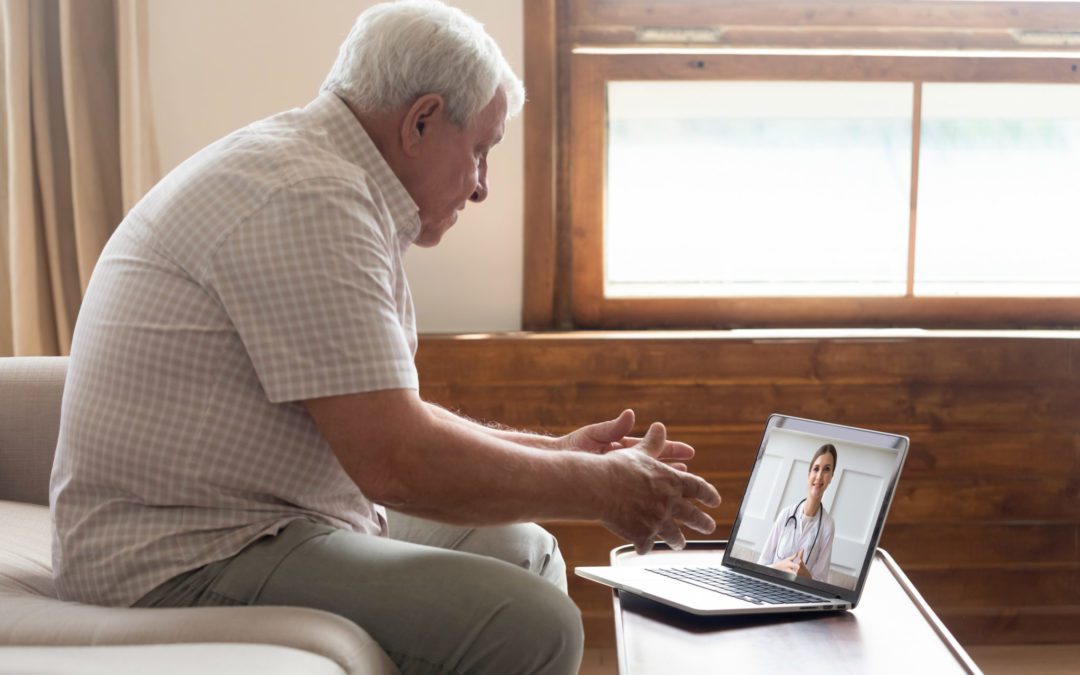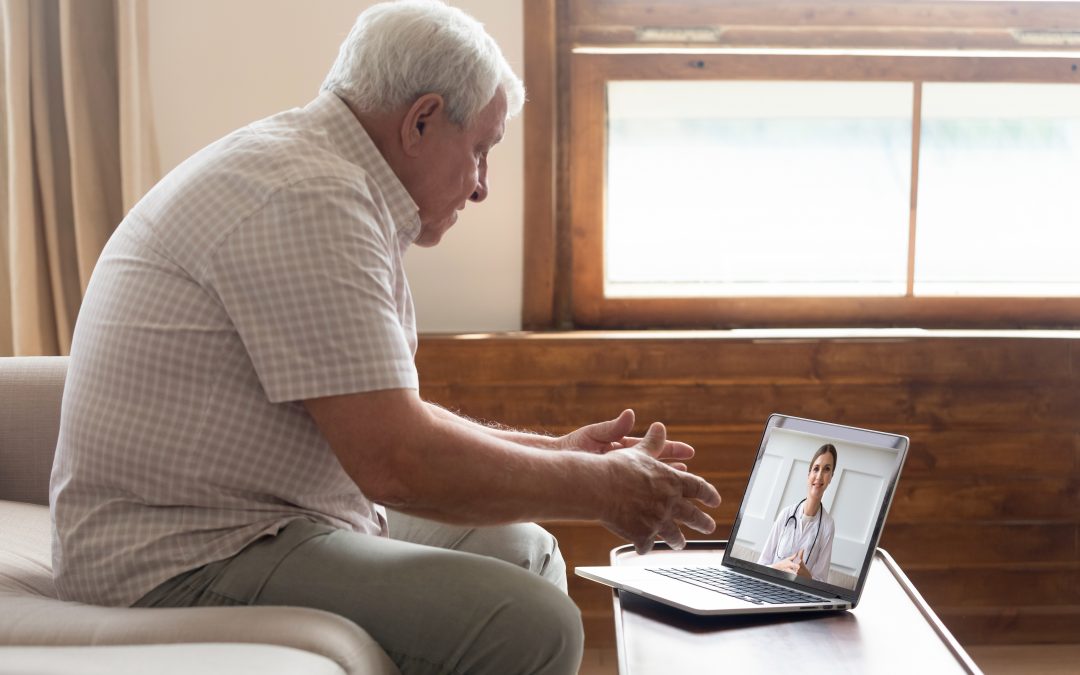
Lessons from Michigan’s rapid telehealth transition
Key lessons and feedback from an early 2020 collaborative telehealth funding initiative in Michigan.

Key lessons and feedback from an early 2020 collaborative telehealth funding initiative in Michigan.

A Family Medical Center of Michigan (FMC) initiative expands behavioral healthcare for students through a telehealth-based model. Learn about it through our case study and toolkit.

New legislation signed Wednesday by Governor Whitmer is helping make sure that the benefits of the technology are here to stay. The bipartisan, five-bill package will expand the availability of telemedicine for Michigan’s Medicaid enrollees, starting in October 2020.

The Health Fund and four other funders are joining together to support 61 Michigan health organizations as they ramp up telehealth efforts. The nearly $3 million of grants will help patients access critical care without putting themselves, their families, or their doctors at risk.

The Home-Based Transitional Telecare project is helping recently discharged older veterans address medication issues, avoid in-home risks, and return to their pre-hospital-stay selves, while demonstrating important findings about how clinicians can effectively use telehealth-enabled tablets and wearable sensors with this population.

The Family Medical Center of MI, Inc. (FMC) provides resources for ADHD, depression, anxiety, and substance use disorders using telemedicine in ten schools throughout rural Southeast Michigan.